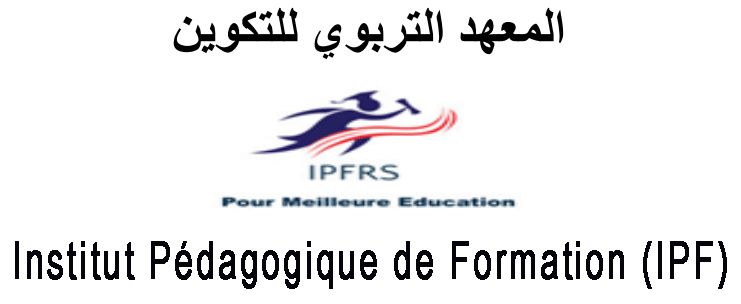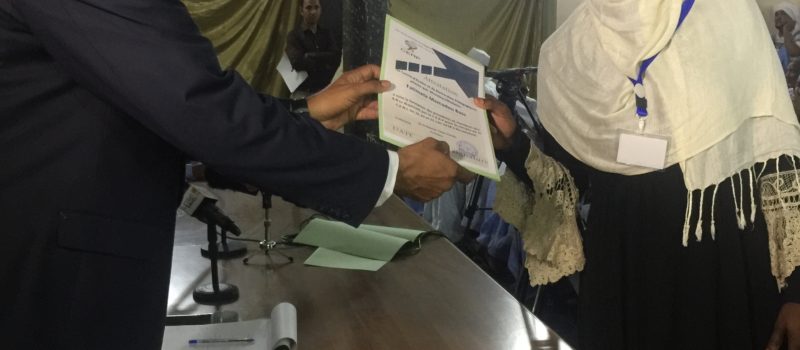As part of its regular series of activities: Educational discussions, the Center for Educational Studies and Research organized a round table entitled: Towards a Local Ranking of Mauritanian Higher Education Institutions. The organization of this activity falls within the framework of the efforts of the Center for Educational Studies and Research aimed at developing a general understanding of the requirements of the Mauritanian education system through the organization of dialogue sessions between those interested in education issues with a view to establishing good practices and establishing a scientific base for building a successful and effective educational system.
In this context, the round table on Saturday, 9 June 2018, was devoted to the discussion of a work on the establishment of a local classification of institutions of higher education in Mauritania. The session was chaired by the President of the Center, Dr. El Moctar Hende. The seminar was attended by representatives of the University of Nouakchott Al-asriya, the National School of Administration, Journalism and the Judiciary, the University of Chinguetti Al-asriya, the University of Mohamed El Amine Chantiqueti, the Higher School of Business and Management, the Lebanese International University, the Institute of Academic University Studies, the Higher Institute of Accounting and Enterprise Management.
The participants reviewed three of the most popular global classifications:
QS World university ranking
Times Higher Education
ARWU (Academic Ranking of World Universities)
During the discussion, the participants adopted a number of criteria that can be considered in setting the local ranking as follows:
- Teaching (Teaching Reputation Survey)
- Scientific research (number of researchers cited in published research / number of papers published in the last four years / papers indexed / scientific research income)
- Number of graduates awarded international awards
- Number of award-winning teachers
- The reputation of academics
- International outlook (percentages of foreign students and teachers)
- Ratio of students to teachers
- Income (relative to individual performance)









